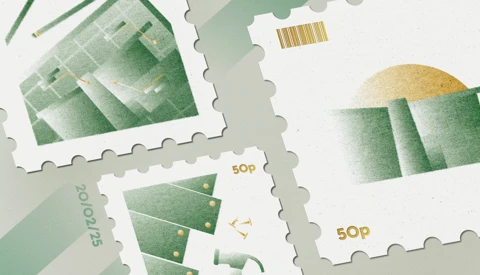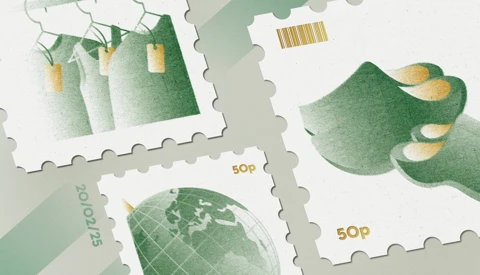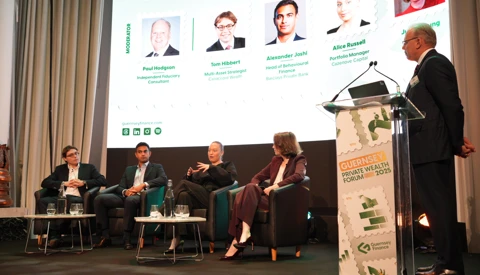First published in the Financial Times by Debbie Guillou, CEO of a Guernsey-based Trust and Corporate Services Provider.
In the modern economy, wealth creation is no longer confined to traditional sectors or geographic boundaries. The emergence of digital assets, decentralised finance (DeFi) and blockchain technology has catalysed a fundamental shift in how entrepreneurs operate, raise capital and protect value. For those who dare to innovate, the rules of engagement are changing and so must the structures that support them.
From self-taught developers launching protocols from laptops in Nairobi or São Paulo to artists using blockchain to tokenise their work and sell fractional ownership to global collectors, we are witnessing a redistribution of opportunity. Yet with this new wave of entrepreneurial energy comes a need for trusted frameworks that can safeguard innovation, ensure continuity and help these pioneers scale responsibly.
As the CEO of a trust and corporate services provider based in Guernsey, Debbie Guillou, who sits at the intersection of tradition and transformation, believes that far from being at odds, these worlds can – and must – work together.
![]()
Entrepreneurship Without Borders
Historically, access to the tools of wealth creation – capital, banking, legal infrastructure – has been limited by geography, regulation and institutional bias. Blockchain technology has changed that. Entrepreneurs can now raise funds globally via token issuance, trade value 24/7 without intermediaries and manage decentralised organisations across borders.
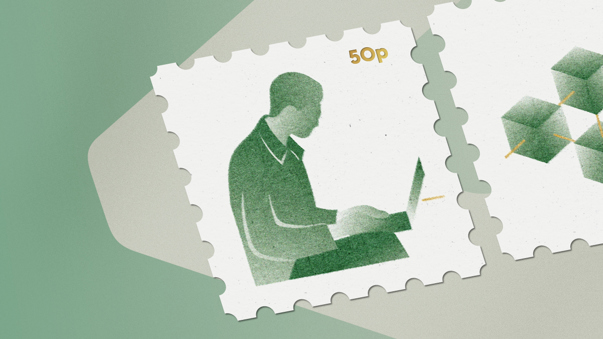
This isn’t theoretical. Billions of dollars now flow through decentralised protocols daily. Entire companies are being spun up as Decentralised Autonomous Organisations (DAOs), governed not by boards but by code and community; NFT creators monetise their IP directly with global audiences; and stablecoins offer a lifeline in inflation-prone regions.
But beneath this dynamism lies complexity. Many founders quickly find themselves asking: where should we base the legal entity responsible for stewarding the assets, such as crypto tokens, intellectual property, or protocol governance, that underpin our project or platform? How do we protect token holders’ interests over time? How can we navigate cross-border tax and regulatory challenges as we scale?
Rethinking the Role of Fiduciaries
Traditionally, fiduciaries have managed trusts, funds and corporate vehicles on behalf of wealthy families and multinational firms. But the emergence of crypto-native entrepreneurs and Web3 projects demands a new level of fluency in digital assets and a fresh approach to structuring wealth and governance.
In the Web3 world, capital can be held in smart contracts, not just bank accounts. Treasury decisions may be made by governance token holders, not boards. Wealth is often fluid, decentralised and pseudonymous. Yet these innovators still need accountability, security and strategic planning.
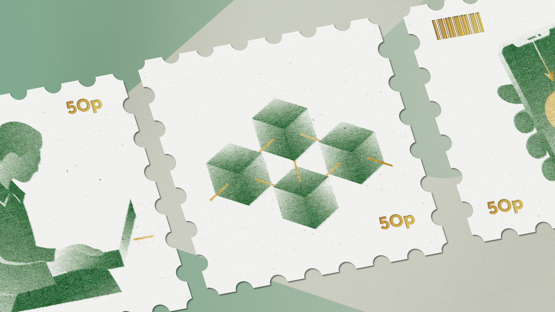
Far from being obsolete, fiduciaries can provide critical value here, helping founders navigate regulation, implement robust controls and build institutional-grade frameworks around what is often seen as a frontier asset class.
For example, a DAO might use a Guernsey foundation to hold intellectual property or real-world assets. A crypto-native entrepreneur may look to establish a trust to protect digital wealth for future generations. A DeFi protocol may seek oversight mechanisms that blend transparency with legal enforceability. In all cases, the role of the fiduciary evolves: from mere administrator to strategic enabler.
Future-Proofing Wealth Creation
As more entrepreneurs create wealth in digital form, intergenerational planning is being reimagined. The next generation of wealth creators is as likely to ask about key management protocols and multi-sig wallets as they are about estate duty.
They seek purpose-driven, flexible and often decentralised solutions. We may start to see demand for programmable trusts that can include smart contracts, token-based distributions or ESG-linked governance rules. Entrepreneurs may want to align their wealth structures with their values, including open access, transparency and decentralisation. Jurisdictions that embrace these needs, rather than resist them, will win the trust of tomorrow’s wealth creators.
Guernsey’s Role in a Decentralised World
Guernsey may be small in size, but it punches above its weight in governance, legal certainty, and global financial connectivity. The island has long served as a hub for international structuring, thanks to its stability, pragmatism, and regulatory maturity.
Crucially, Guernsey has demonstrated an openness to innovation, whether through work in green finance, blockchain regulation or bespoke fund vehicles tailored to new asset classes. That agility, paired with the island’s deeply rooted expertise in fiduciary services, makes it a powerful bridge between the old world and the new.
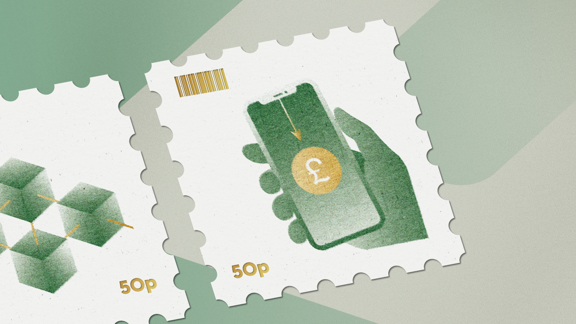
It’s not about abandoning legacy practices, but about adapting them to serve a new kind of client: one who may not wear a suit or walk into a bank, but who nonetheless builds immense value and impact through code, community and creativity.
Conclusion: Empowering the Builders of Tomorrow
To enable entrepreneurs and wealth creators in this new era, we must think beyond conventional borders, whether legal, financial or conceptual. Digital assets are not a fringe interest; they are a generational shift in how value is created, transferred and preserved.
The challenge – and opportunity – for jurisdictions like Guernsey is to become not just administrators of yesterday’s wealth, but partners in tomorrow’s innovation. By bridging trust and technology, we can empower a new generation of builders to thrive safely, responsibly and globally.






